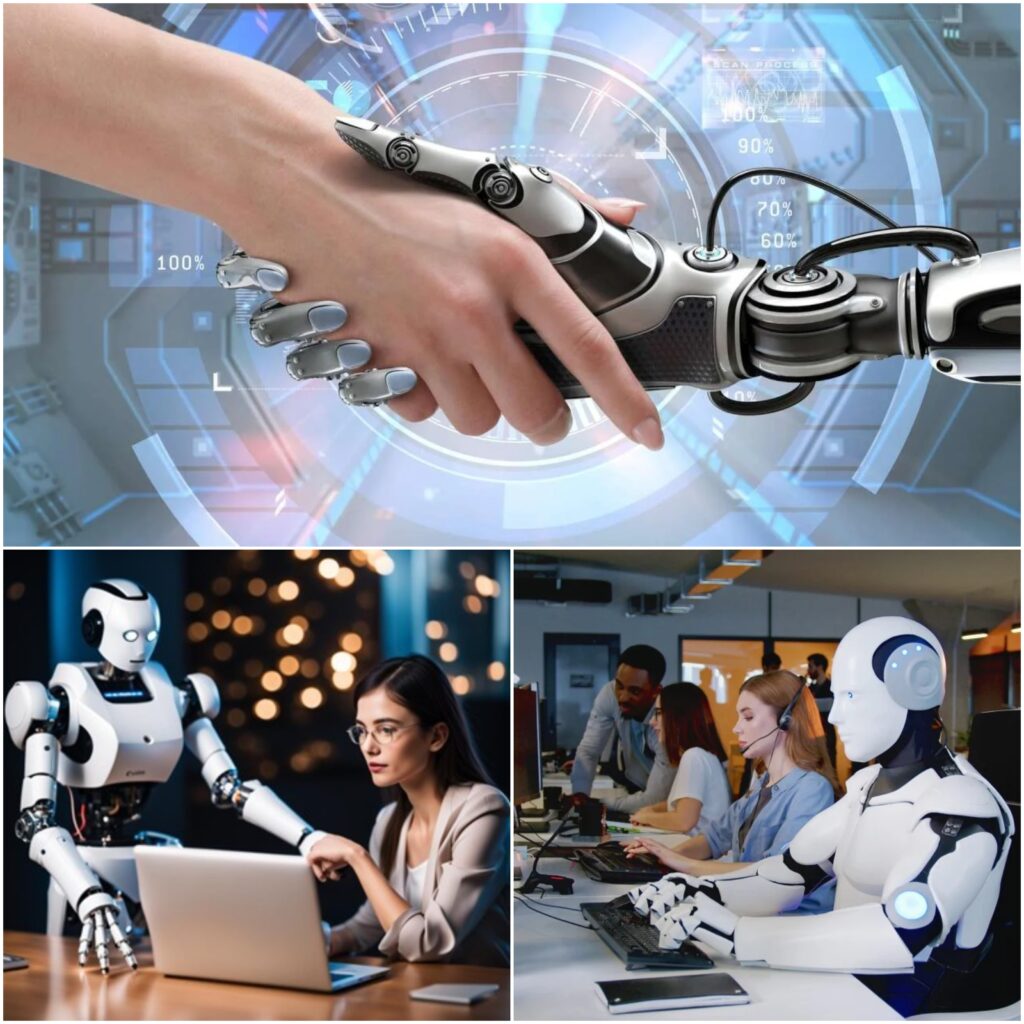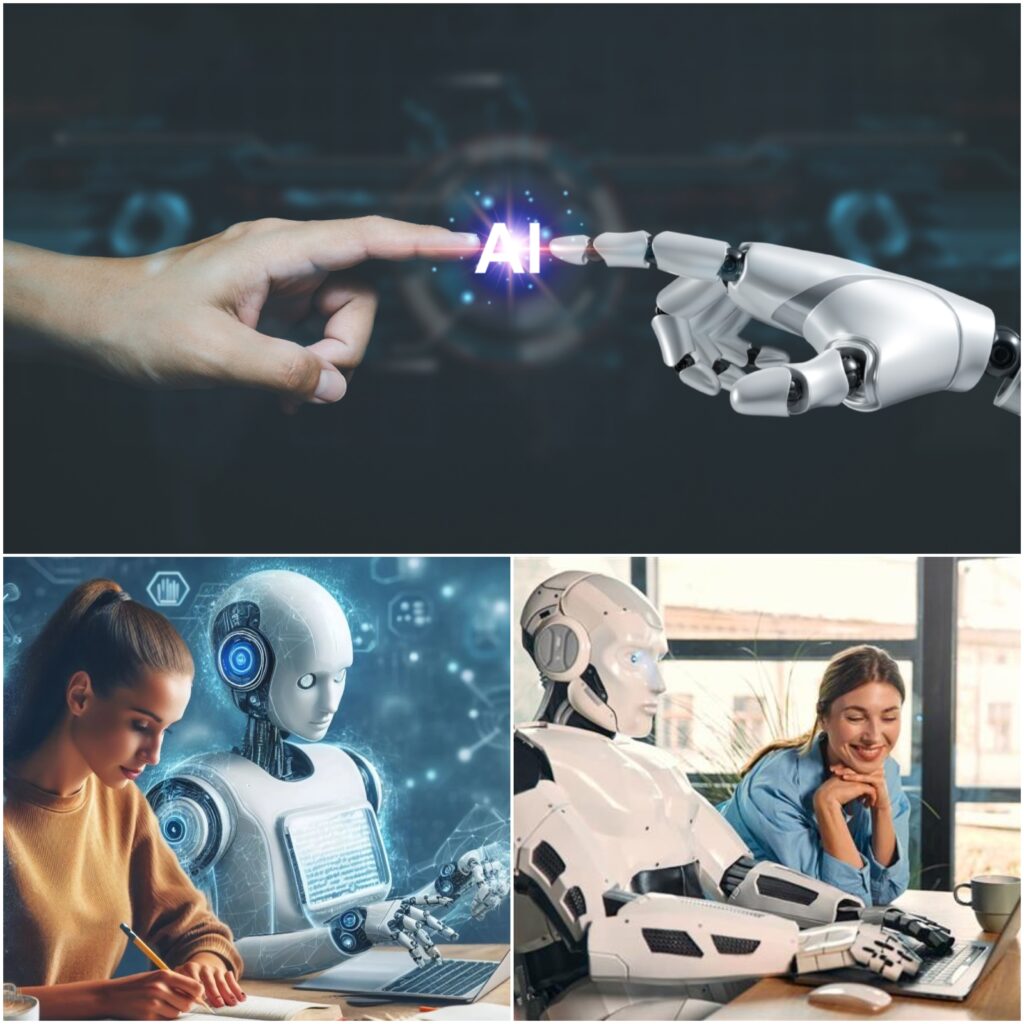Many aspects of our lives have been changed by artificial intelligence (AI), with each fact about AI making tasks simpler, quicker, and more effective.
AI is solving issues in fields like healthcare and customer service in ways that were previously unthinkable.
But AI is not always a positive thing. We need to talk about some significant hazards and concerns.
Let’s discuss some of the negative fact about AI and the reasons that using the powerful technology requires caution.

Bad Fact About AI
Bias in AI Algorithms
The possibility of prejudice in AI algorithms, which might result in unfair employment, authorities, and lending practices, is among the most concerning problems with the technology.
The data that AI systems are trained on informs their learning. The AI will make biased conclusions if this data is biased.
In this case, an AI recruiting system can continue the unfair treatment of particular groups of individuals if it is trained on data indicating this type of prejudice.
Even if it was not the aim, this could result in bias.
Job Displacement Due to Automation
It is becoming more and clearer that many jobs, particularly those involving manual labor and repetitive tasks, could be replaced by machines as AI technology develops.
AI has the potential to boost productivity, but it also carries the risk of job loss if businesses opt for robots rather than people.
AI has the ability to replace jobs in a wide range of industries, including manufacturing, retail, and even driving, which would result in a large loss of jobs and financial difficulties.
Privacy and Data Security Concerns
Large volumes of personal data are frequently needed by AI systems, which raise important questions regarding how that data is used, stored, and safeguarded against breaches.
Through applications, websites, and gadgets, we continuously supply data to AI systems.
Better services may result from this, but each fact about AI also means that our data is being gathered.
There may be privacy concerns if this data is not adequately safeguarded against hacking or misuse.
Lack of Transparency and Accountability
Since many AI systems are “black boxes,” it can be challenging to understand how each fact about AI influences their judgments.
This might result in a lack of responsibility if something goes wrong. Even those who develop AI systems frequently have no idea how they operate since they are so complicated.
Because of this lack of transparency, it can be challenging to determine the cause of an AI system’s errors and how to correct them.
People may suffer as a result of AI choices if there is no control.
AI in Weaponization and Military Use
The possible application of AI in autonomous weaponry systems is another concerning development since it creates moral dilemmas about control, human intervention, and unforeseen penalties.
Artificial intelligence has already been incorporated into military technology, and there is concern that it may be used to develop weapons that are uncontrollable by humans.
This could result in risky scenarios when machines decide whether to save lives without human input.
Dependence on AI Could Limit Human Skills
There is increasing worry that, as society depends more on AI to do tasks, each fact about AI may lead humans to lose critical cognitive and problem-solving abilities.
We risk forgetting how to accomplish tasks ourselves if we depend too much on AI to complete them for us.
For case, individuals may lose their driving abilities if AI is used to operate automobiles. We may lose our ability to think critically if we rely on AI to make our decisions.

AI’s Environmental Impact
AI system development and operation need enormous computational resources, which might have a major negative impact on the environment because of their high energy consumption.
It requires a lot of energy to run AI models and store all the data they require.
The environment may suffer as a result, particularly if the energy is derived from non-renewable resources like coal or oil. This environmental impact may increase as AI becomes more common.
AI Ethics and Moral Dilemmas
AI systems present challenging moral and ethical issues of responsibility, bias, and justice as they become more and more integrated into decision-making, particularly in the fields of healthcare and law enforcement.
Should an AI be permitted to choose who is jailed or receives medical attention first? It is difficult to determine if a machine can legally make these morally complex decisions.
One major worry in these situations is the absence of human judgment.
Balancing AI’s Potential with Its Risks
Even while AI can improve society, it is important to be mindful of each negative fact about AI and try ways to address these concerns.
AI is a great tool that may make our lives better, but if we do not use it correctly, it can also cause issues.
We can cooperate to make sure AI works for everyone without harming anyone by being aware of the negative aspects of the technology.
Read Also: What Are the Shocking Facts About Climate Change in 2024?
